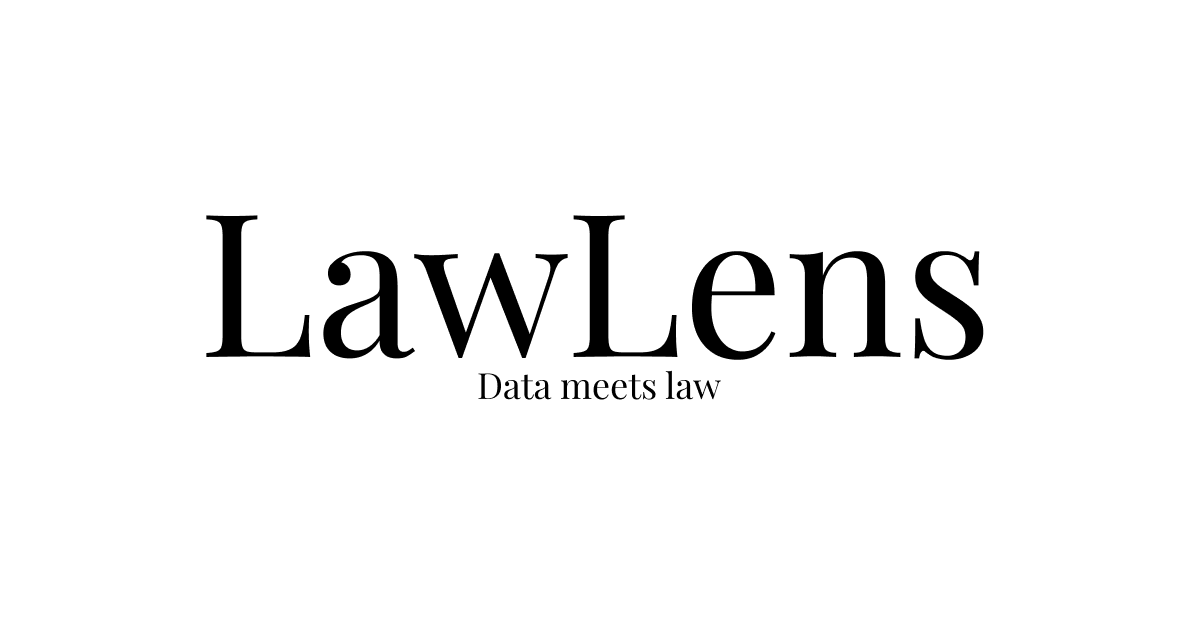Janshruti (People's Voice) vs Union Of India 2025 INSC 536 - S. 498A IPC - Constitutional Validity Upheld
Indian Penal Code 1860 - Section 498A : Bharatiya Nyaya Sanhita, 2023 - Section 84 - Constitutional Validity upheld -While it is acknowledged that certain individuals may face hardship due to the misuse of the provision, it is equally important to look beyond these instances and recognize that the provision serves a constitutionally sound objective. It is aimed at protecting a vulnerable section of society that often requires legal support and institutional safeguards to shield them from systemic abuse and exploitation. The provisions were enacted in furtherance of the principle of positive discrimination envisaged under Article 15 of the Constitution of India, which expressly empowers the State to make special laws for the protection and advancement of women, children and other disadvantaged groups- Re: misuse : For every such instance, there are likely hundreds of genuine cases where Section 498A has served as a crucial safeguard for victims of domestic cruelty. We are also aware that certain unconscionable individuals, emboldened by the rising fervor to dismantle such protective provisions, have gone so far as to publicly share videos depicting the exchange of dowry —an act not only unlawful but also indicative of the entrenched nature of the very evil this provision seeks to combat- The harsh truth is that dowry continues to persist as a deeply entrenched social evil, prevalent across vast sections of the country. A significant majority of such cases go unreported, with countless women compelled to endure injustice in silence. This underscores the continuing need for legal provisions such as Section 498A, which serve as vital instruments of protection and redressal for those most vulnerable.
Constitution of India - Article 32.226- Courts refrain from intervening in matters of legislative policy or mandate unless the provision in question is: (i) devoid of reasonable justification or basis; (ii) actuated by mala fides or an ulterior motive; (iii) lacking a rational nexus with the object sought to be achieved; or (iv) in violation of Fundamental Rights or any other constitutional provision. (Para 4) mere possibility or occasional misuse of a legal provision does not render it constitutionally infirm, either procedurally or substantively. (Para 6)


